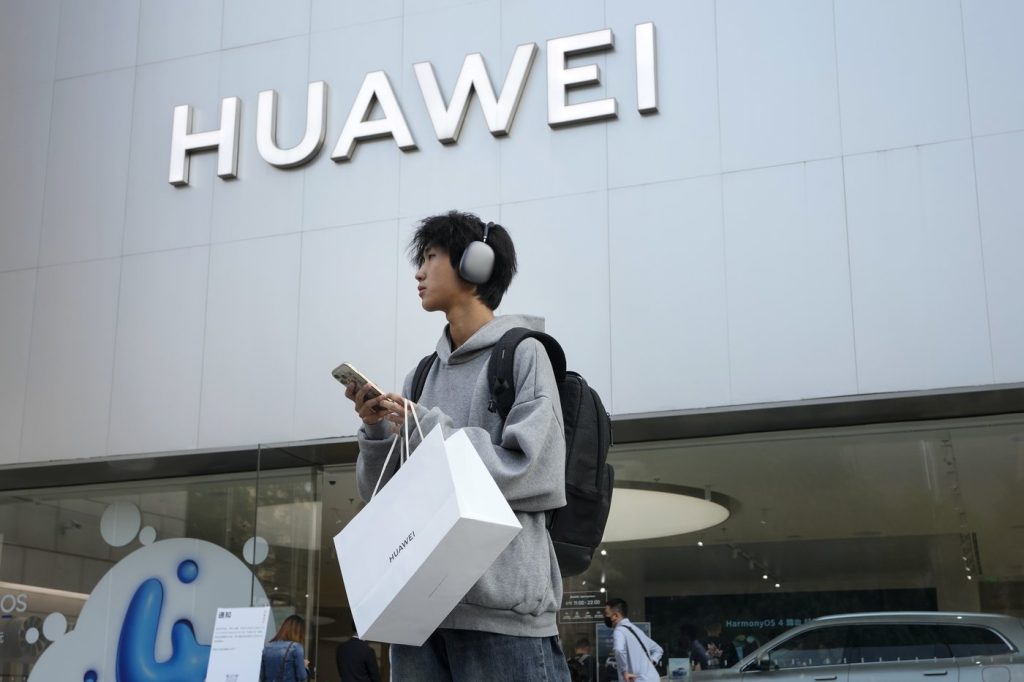A U.S. judge has mandated that Huawei Technologies, a prominent telecommunications equipment company based in China, must confront serious criminal charges. This decision comes amidst allegations that the company engaged in a vast array of crimes, including technology theft, racketeering, wire fraud, and bank fraud. U.S. District Judge Ann Donnelly delivered this ruling on Tuesday, firmly rejecting Huawei's plea to dismiss the 16-count federal indictment against it. In a detailed 52-page ruling, Judge Donnelly stated that Huawei's arguments for dismissal were premature.
The U.S. government has accused Huawei and certain subsidiaries of engaging in nefarious activities, including plotting to steal trade secrets and installing surveillance equipment in Iran to monitor protesters during the anti-government demonstrations in 2009. Moreover, allegations have surfaced accusing Huawei of conducting business with North Korea in direct violation of U.S. sanctions.
During President Donald Trump’s administration, national security concerns regarding Huawei prompted significant lobbying efforts aimed at convincing Western allies to exclude the company from their high-speed wireless networks. The Justice Department's indictment in January 2019 claimed that Huawei utilized a shell company in Hong Kong, named Skycom, to sell equipment to Iran, thus violating U.S. sanctions. The indictment also resulted in the charging of the company’s Chief Financial Officer, Meng Wanzhou, for fraudulently misrepresenting business dealings in Iran to HSBC bank.
In late 2018, Meng Wanzhou was arrested in Canada based on a U.S. extradition request. She was ultimately released in September 2021 as part of a high-stakes negotiation that also secured the release of two Canadians who had been detained in China, allowing Meng to return home.
Chinese authorities have criticized the U.S. government's actions, accusing it of "economic bullying" and of misusing national security as a means to "oppress Chinese companies." In response to the criminal charges, Huawei's legal team argued that the allegations were overly vague and claimed that some of them were "impermissibly extraterritorial," contending they did not involve domestic wire and bank fraud.
Huawei, identified as the largest producer of network equipment globally, has faced challenges in maintaining its market share due to sanctions that have severely restricted its access to crucial U.S. processor chips and other technologies. These limitations have compelled the company to accelerate its own development of advanced technologies, including computer chips.
In light of increasing restrictions, Huawei has redirected its focus towards the Chinese market, as well as exploring opportunities in network technology tailored for healthcare facilities, factories, and other industrial clients. This pivot also includes products that remain unaffected by the stringent U.S. sanctions.
As the legal proceedings unfold, the implications of these charges against Huawei have the potential to affect the company's operations both domestically and internationally, amid ongoing geopolitical tensions between the U.S. and China.











